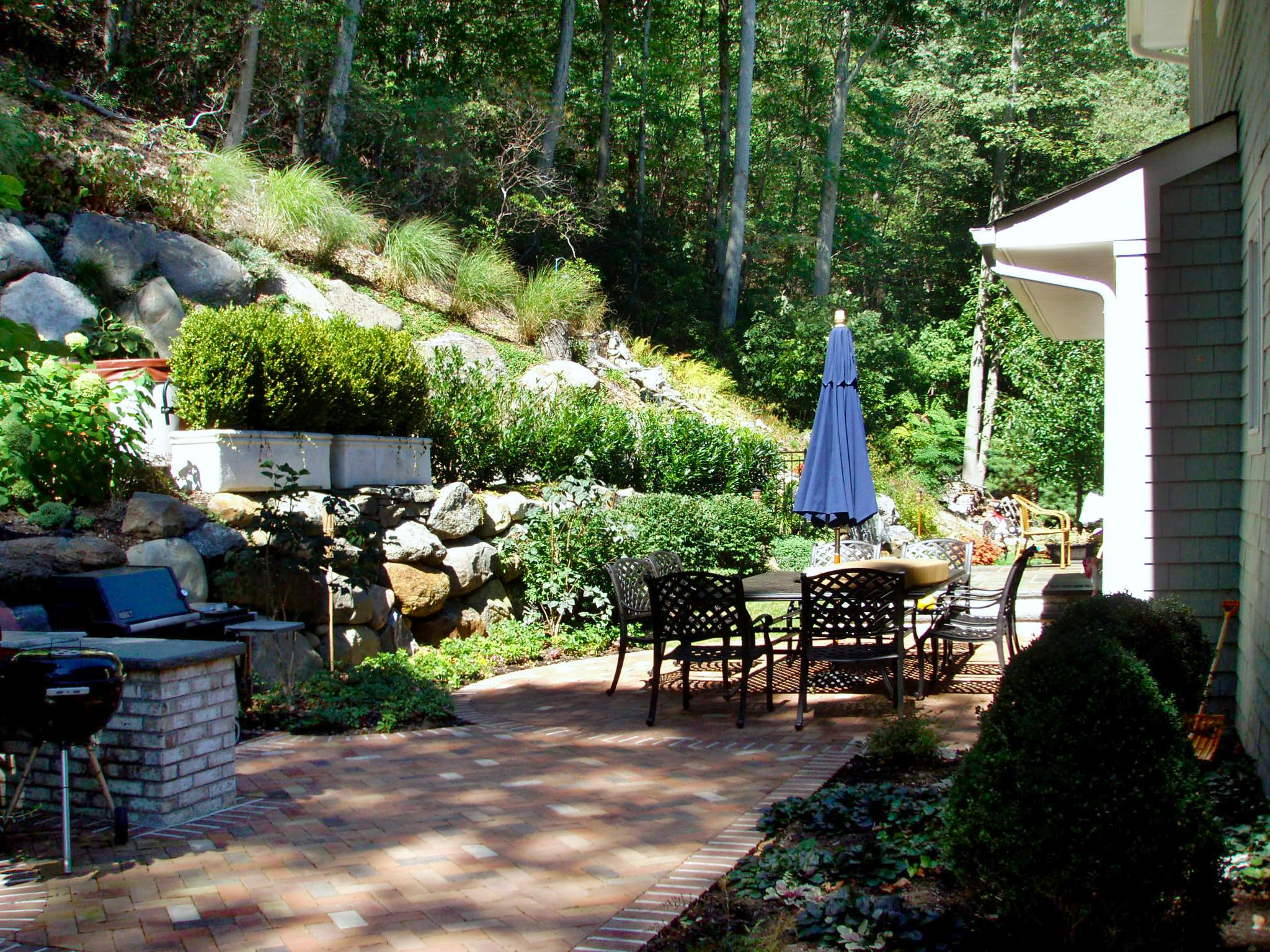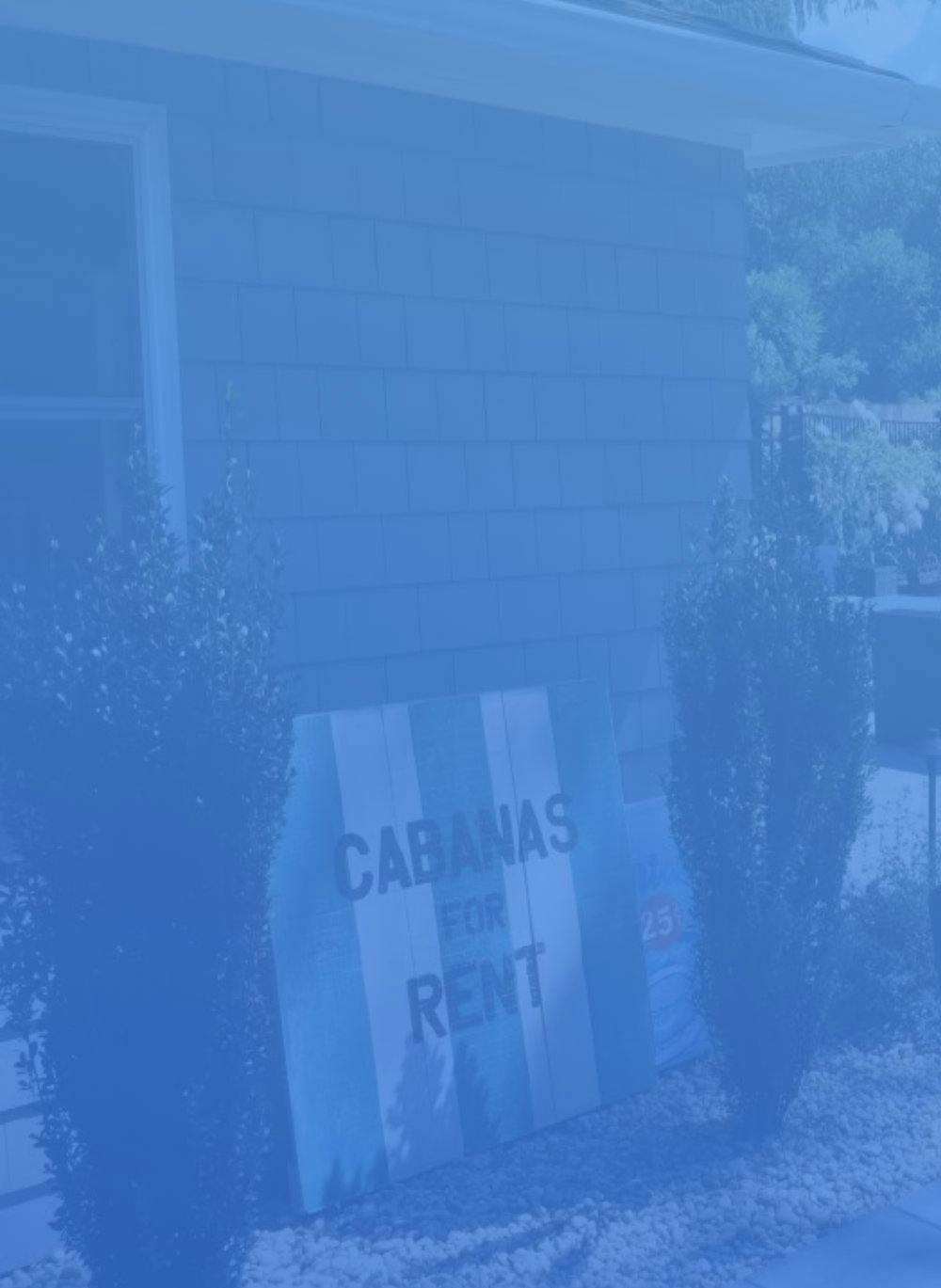
How to Take Care of Pavers in Winter Weather
Deicing salts are frequently used in winter weather because they eliminate slippery conditions. But, they can also visually and structurally damage interlocking concrete pavers found in walkways. Properly manufactured and maintained pavers can resist the degradation caused by the salts. In the whitepaper, Belgard® Hardscapes provides homeowners with tips for maintaining pavers during freeze season in a new whitepaper on the effects of deicing salt, Caring for Hardscapes in Cold Climates., outdoor living expert Belgard Hardscapes describes why damage occurs and how it can be managed.
“I've seen salt damage pavers in as little as three years,” said Lou Mangiaracina, vice president of sales in the Northeast for Belgard Hardscapes, which makes pavers for patios, walkways and driveways. “After a while, salt buildup can disintegrate pavers if they are not properly manufactured and maintained. Care is critical during the wintery seasons to ensure your driveways, walkways and patios maintain their beauty for years to come.”
According to the whitepaper, resistance to salts is related directly to a low absorption rate and a high compressive strength, and pavers generally outperform solid concrete and asphalt in both areas. While no paver is truly deicing salt proof, most are deicing salt-resistant.
Properly manufactured pavers, such as Belgard's innovative range of paver and wall products, can resist the effects of deicing salt because Belgard uses aggregate materials that are high strength with low absorption rates with no deleterious material that may contaminate the finished product. Belgard pavers exceed the American Society for Testing Materials' (ASTM) industry standard for solid concrete interlocking pavers.
Routine maintenance, as with any exterior surface, can also help minimize the effects of deicing salts. The Interlocking Concrete Pavement Institute (ICPI) Technical Committee recommends these guidelines to limit the exposure to deicing:
- Mix the salt with sand, which is visible and the traction can be felt underfoot.
- Follow the recommended application and don't over-apply the salt.
- Use deicing salt for melting ice, not for snow removal.
- Remove the ice once it's loose to avoid salt buildup.
- Wash off the pavers in the spring, since the salt can continue to cause degradation even after the ice or snow has melted.
Autumn Leaf is here to help
Autumn Leaf is a pool, hardscape, planting and maintenance landscaping company serving Nassau County and Suffolk County since 1999. We regularly design, install and maintain pavers in walkways, patios and pool areas. If you live in our service area, please call (631) 424-5544 and let us know how we can help.

Contact Information
Fill up the form and our Team will get back to you within 24 hours.
